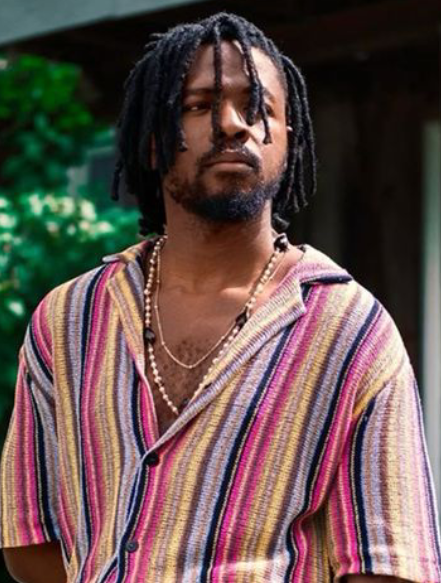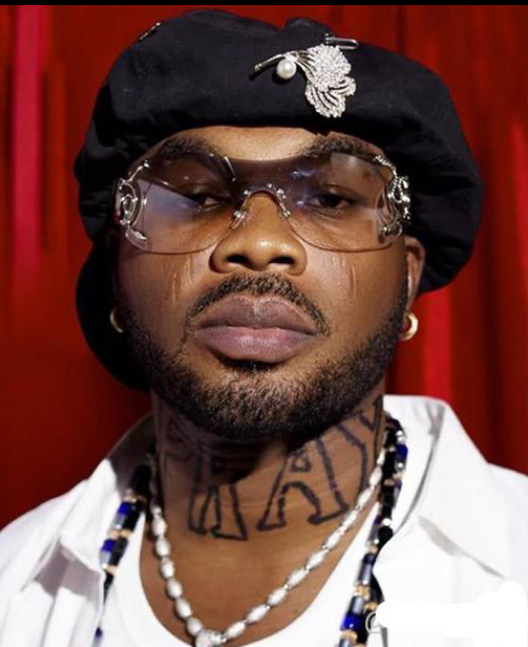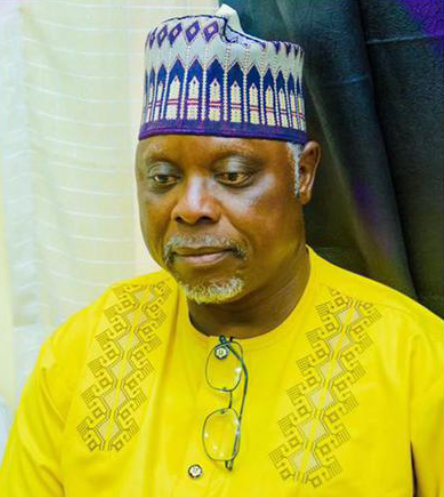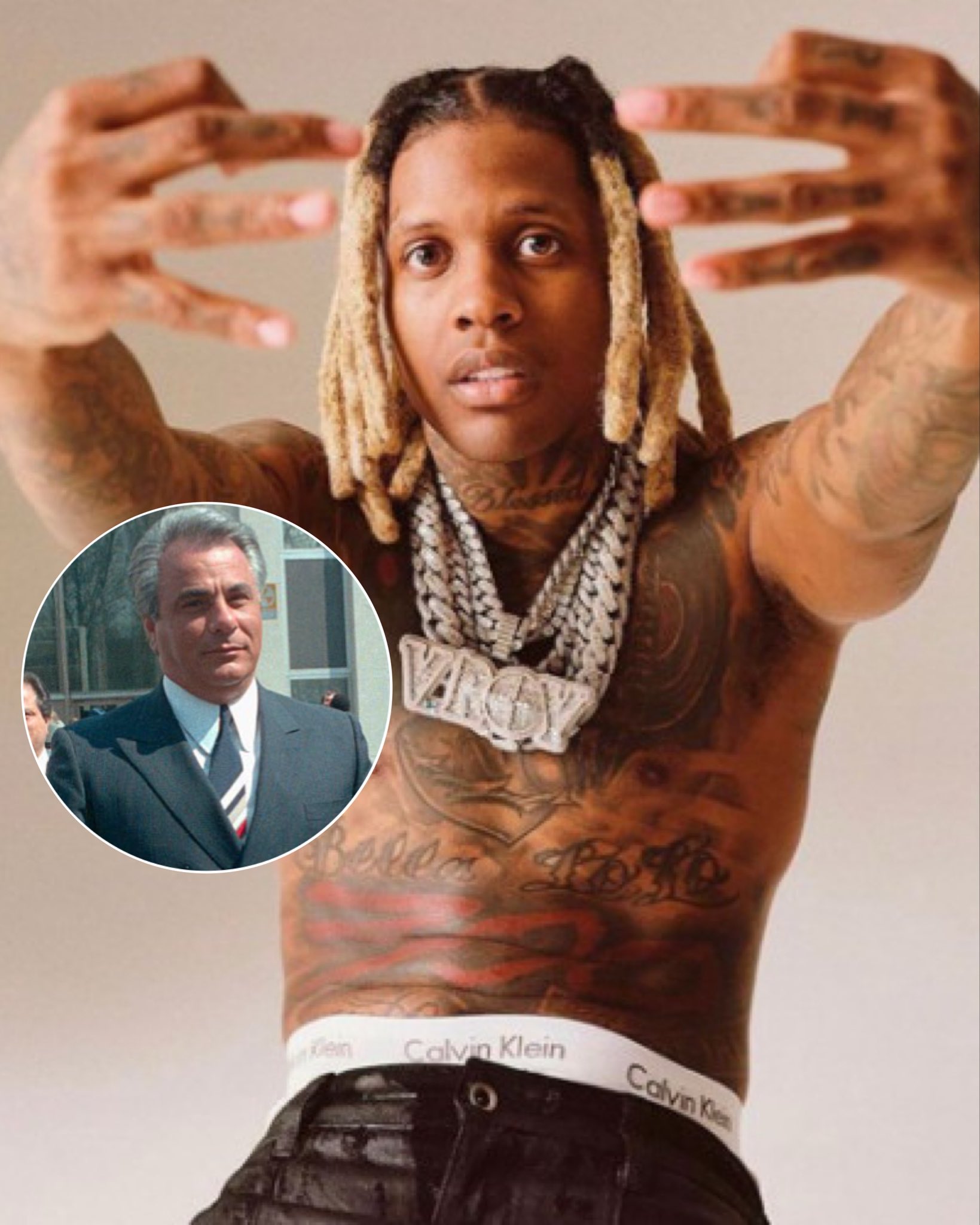
“You Won’t Be Manning Heaven’s Gates”: Johnny Drille Slams Self-Righteous Christians in Bold Statement

Nigerian singer and songwriter Johnny Drille has ignited a conversation across social media with a no-holds-barred critique of a certain kind of modern-day Christianity. In a candid tweet that has since gained massive traction online, the soulful artist addressed what he described as the dangerous and isolating behavior of self-righteous Christians, accusing them of pushing people away from God rather than drawing them in. With passion and conviction, Johnny Drille called out those who make it their personal mission to judge and condemn others, stating unequivocally that such attitudes have no place in the true heart of God.
His message reads like a cry from deep experience, laced with both pain and resolve. “I've seen a small section of self-righteous ‘Christian’ folk judge and condemn people they know nothing about – including me,” he wrote. “They'd rather push people away than draw them to God, assigning themselves the role of deciding who is and isn't holy enough. It's sad, and I believe it's not the heart of God.”
That single post has sparked a tidal wave of reactions online, with many applauding his boldness and others bristling at the confrontation of what they see as necessary rebuke within the church. For Johnny Drille, however, this was not just a random outburst but a deeply personal stand against what he sees as hypocrisy in a place that is supposed to embody grace, forgiveness, and love.
“I’ve had enough,” one fan wrote in response to the tweet. “Johnny is saying what so many of us feel but are too afraid to speak up about. Church hurt is real, and it’s often not God that pushes us away—it’s people.”
Drille, who has long been admired for his introspective lyrics and unwavering authenticity, did not stop there. He added, “When it’s all said and done, you won’t be manning heaven’s gates. We will each stand before the Father, each to their own. Run your own race in peace, and leave me alone. Thanks.”
That mic-drop statement has since been reposted thousands of times, triggering reflections, heated debates, and even confessions across timelines. Many users, including fellow artists and influencers, echoed his sentiments, sharing stories of how they’ve been alienated from faith communities due to excessive judgment, spiritual gatekeeping, and legalistic doctrine. Some also opened up about their struggles with reconciling their faith with the behavior of other Christians who seem more focused on appearing holy than extending compassion.
What makes Johnny Drille’s statement particularly resonant is the quiet authority with which he delivers it. He doesn’t come across as bitter or rebellious but rather as someone who has walked through fire and come out with clarity. There is no trace of performance—just a sincere call for a return to the true essence of the faith. And perhaps that’s why it’s landing so powerfully with people from all walks of life.
“Some of y’all forget that Jesus sat with sinners, tax collectors, and prostitutes,” one Instagram user commented under a repost of Drille’s tweet. “He didn’t cancel people because they didn’t fit the mold. He loved them into transformation.”
But not everyone was in agreement. A few voices pushed back, warning against what they perceived as an “all grace, no truth” mindset, suggesting that correcting others is a biblical duty, not an act of pride. However, Drille’s message was not about the absence of truth but rather about the spirit in which it is delivered. His point is sharp—judgment without relationship, condemnation without context, and spiritual elitism serve only to fracture, not to heal.
The irony, of course, is that those who are quick to label others as “not holy enough” often fail to recognize their own blind spots. It’s this spiritual pride, masked as devotion, that Drille seems to be highlighting—a dangerous trait that not only misrepresents God’s nature but also drives many people away from any desire to seek Him at all.
In a time when the church is meant to be a refuge, a beacon of hope and acceptance, the singer’s words serve as both a warning and a wake-up call. He is not advocating for watered-down faith or moral laxity; he’s demanding authenticity, humility, and a more Christ-like posture—one that loves first and listens deeply.
It is also worth noting that Drille’s stance reflects a broader cultural shift, especially among younger generations, who are increasingly disillusioned with institutional religion but still spiritually hungry. Many of them are not walking away from God but from people who claim to represent Him while acting contrary to His love.
Johnny Drille’s choice to speak out publicly on such a sensitive topic, especially in a country as deeply religious as Nigeria, is bold and possibly even risky. Yet, it’s also refreshing. It reminds fans that faith is not a show, a competition, or a moral checklist. It's a deeply personal journey—one that thrives best in an atmosphere of grace, not judgment.
The singer, known for hits like “Wait For Me” and “How Are You (My Friend),” has always worn his heart on his sleeve, and this recent tweet is no different. It doesn’t just showcase his belief in God but also his commitment to truth and love—values that shine through not only in his music but now also in his voice as a thought leader for a generation craving realness.
In the end, Johnny Drille’s message may not change everyone’s mind, but it’s done something far more powerful—it has started a conversation. And in a world that often shouts louder than it listens, that alone is a holy thing.


